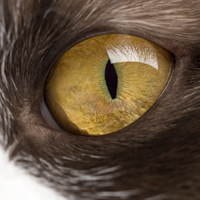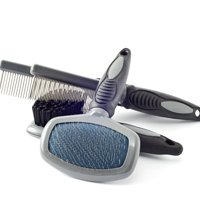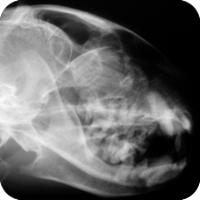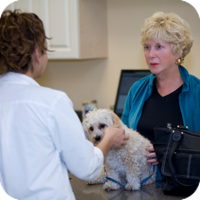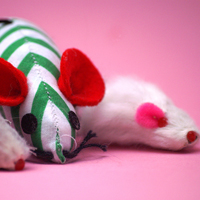
Is Catnip Right for Your Cat?
Catnip does not have the same effect on every feline. Some cats don't care about it at all.
The love of this plant is inherited, so only 50 to 70 percent of cats respond to catnip. Kittens typically ignore it until they are three to six months old.
Catnip is non-toxic but cat owners should use caution in giving it out too often. Some cats exhibit aggressive behavior when exposed to catnip and should not have it under any circumstances.
Consult your veterinarian if you notice problematic behavior when your feline uses catnip.
Few things stimulate a cat’s pleasure faster than catnip. Exposure to this simple herb can reveal a new side to their feline personality. Many cats will go crazy at the smell of this plant.
Catnip has a reputation of being a feline drug and many cat owners wonder if it is safe to give it to their pet. Giving catnip in small doses does no harm. Using it as a treat can be quite good for your cat’s emotional health. It relieves stress and can help them get rid of nervous energy.
What Is Catnip?
Catnip is a type of mint plant found in many countries throughout the world. It can grow up to three feet high and has many branches filled with purple flowers and heart shaped leaves.

